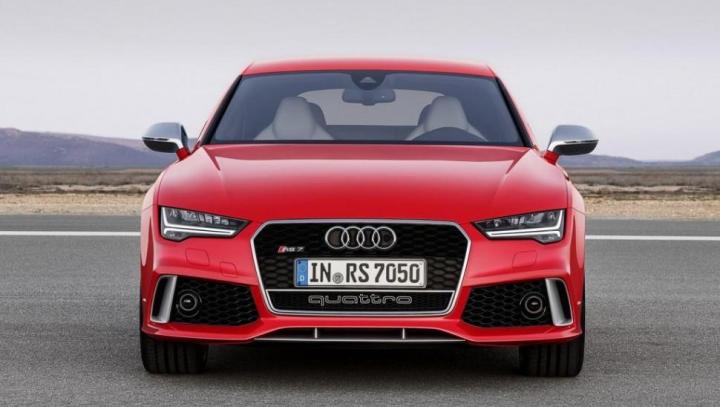
Speaking with Top Gear, quattro boss Stephan Reil stated that although Audi has toyed with the idea of a gas-electric RS before, the disadvantages of hybrid technology would overshadow the performance gains.
“We know that [hybridization] could give us more in terms of straight line performance, but it is not just about straight-line performance,” Reil said. “It is about performance in the bends, how it feels as well. At the moment there are more negatives than positives.”
Porsche, who lives alongside Audi underneath the Volkswagen Group banner, has explored the technology to great success with the hybrid hypercar known as the 918 Spyder. For Reil, the added bulk of the battery systems doesn’t mesh with Audi’s vision for the RS line.
“The next generation [of batteries] will be very interesting,” he explained. “They are getting smaller and lighter. We don’t rule it out.”
Audi’s aren’t exactly featherweights as it is, so the last thing its engineers want to see is more understeer causing heft. That’s not to say the brand is opposed to electric boost at all, though.
Audi’s all-electric R8 e-tron is scheduled to debut at the 2015 Geneva Motor Show, and it will do so alongside the unveiling of the next-generation R8.
Although the e-tron is an exciting development in the supercar world, there are shades of Reil’s point buried within the car’s body.
The e-tron is reportedly some 500 pounds heavier than its fuel-burning counterpart, however its instant torque still pushes the car to 60 mph in 4.2 seconds.
Is a hybrid RS in the cards at some point? Most likely. Just not right now.
Editors' Recommendations
- Audi’s electric 2022 RS E-Tron GT is a concept that escaped the drawing board
- Would you guess that the 600-horsepower 2020 Audi RS Q8 is a hybrid?
- Audi’s rugged A6 Allroad wagon is finally coming back to the U.S.
- The 2020 Audi RS Q3 is a souped-up SUV you’ll have to admire from afar
- Audi balances carsharing, EVs, and sports cars as it prepares for the 2020s


